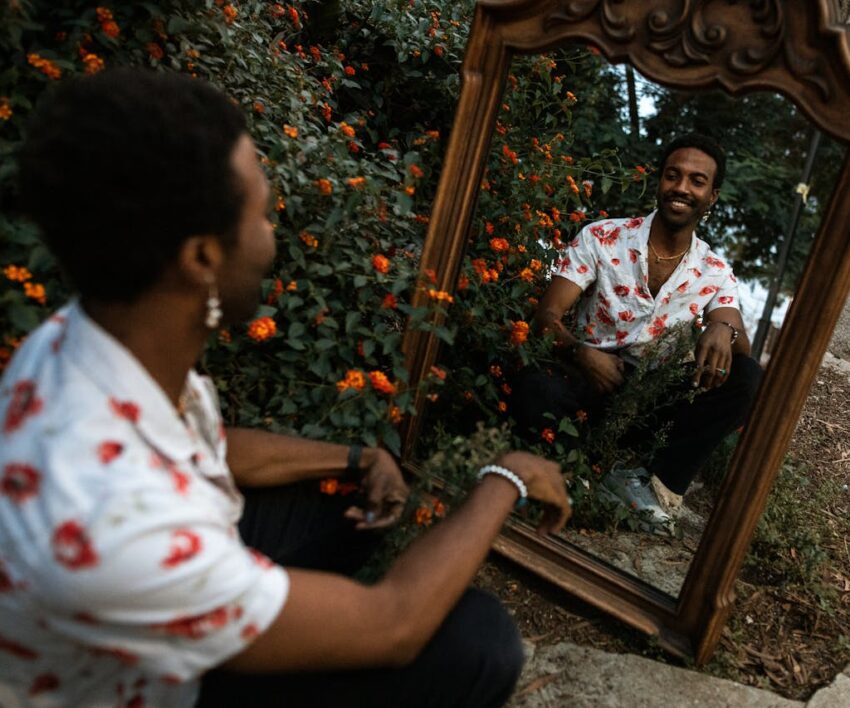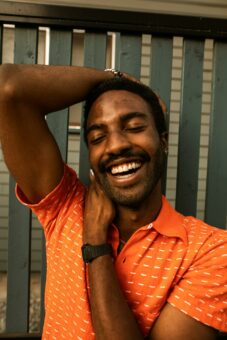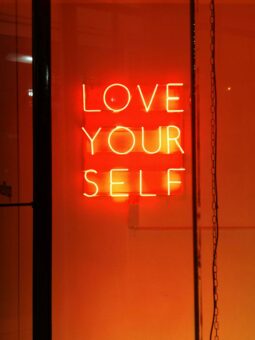
Self-confidence affects all our personal interactions, both at work and socially, and can define the goals we set out to achieve. Tony de Gouveia, a clinical psychologist who practises at Netcare Akeso Alberton, unpacks this elusive quality to better understand the importance of making confidence in ourselves a continuous priority.
“The word ‘confidence’ comes from the Latin word meaning ‘trust’. It can be helpful to think of self-confidence as trusting oneself and the belief that we have the capacity, ability and resources to perform the steps needed to achieve our goals,” de Gouveia says.
In essence, self-confidence revolves around how a person perceives their value and potential, and both can be consciously improved.
“Unfortunately, it is common to base our sense of self-confidence on external factors such as the approval of others or validation from positive feedback, and when this isn’t forthcoming from others, we begin to doubt ourselves, eroding our self-confidence,” he says.
“A lack of confidence is often based on our own thought distortions and fear of failure. This may be a result of childhood events that eroded our self-esteem or where the people or environment around us haven’t supported a healthy sense of self-worth.
“If you have ever held yourself back from expressing yourself or trying something new because of overly self-critical thoughts or fear of revealing your inadequacy, please know that it’s not just you. Many of us experience this kind of self-doubt.”

The good news, he says, is that confidence and a stronger sense of self-worth can be developed to overcome these negative and limiting notions, although it requires some effort and perseverance.
De Gouveia points out that unlearning these patterns of self-doubt requires conscious and ongoing effort. “We primarily need to apply a reality check to the negative thoughts and determine whether they are accurate or not, and objective reflection will show that in most instances our fears are unfounded,” he says.
“Our journey to building confidence doesn’t, however, end there. We need to take action to continually hone our skills, which can help to reinforce our trust in our abilities.”
Action plan for confidence building
- Identify self-critical or negative thoughts: Note down how often you have these thoughts, and specific instances when they hold you back from voicing your input or trying something new.
- Reality check: Ask yourself ‘What am I really afraid of?’ Consider sounding out your fears with a trusted friend and how you may build your confidence in this area.
- Practise and hone your skills: What do you need to improve on to build trust in your own abilities?
- Don’t rely on others for affirmation: Practice being more self-sufficient and set achievable goals for yourself.
- Rome wasn’t built in a day: Self-confidence may be a lifelong work in progress, embrace the journey.

“Through dedication and investing time, developing our behavioural competency, whether at work, academically or on the sports field, we can build our confidence in our chosen accomplishments. The problem is that in our post-modern society, with our need for quick fixes, most of us give up before we reach this point.
“To be credible, our confidence should be tempered with humility and remain open to continuous learning. Gaining self-confidence is therefore more of a journey than a destination, and it is to be expected that we may experience setbacks that will require us to dust ourselves off and rebuild.”
Where needed, professional mental health practitioners such as psychologists or occupational therapists practising at Netcare Akeso facilities can help develop the tools and skills to address the negative and self-critical internal discourses that can hold a person back from making this crucial progress.
“It is certainly worthwhile to keep pursuing self-confidence as it trickles through to improve all areas of our lives, including our sense of purpose, work and interpersonal relationships. Without self-confidence, we are less likely to dream big and act on those dreams to achieve our true potential.
“The measure of the success or not of a venture lies not in the approval of others, but rather with us trying or attempting these actions for ourselves and growing our experience. This is how we learn to trust ourselves.”
Also see: The best teas for your health




